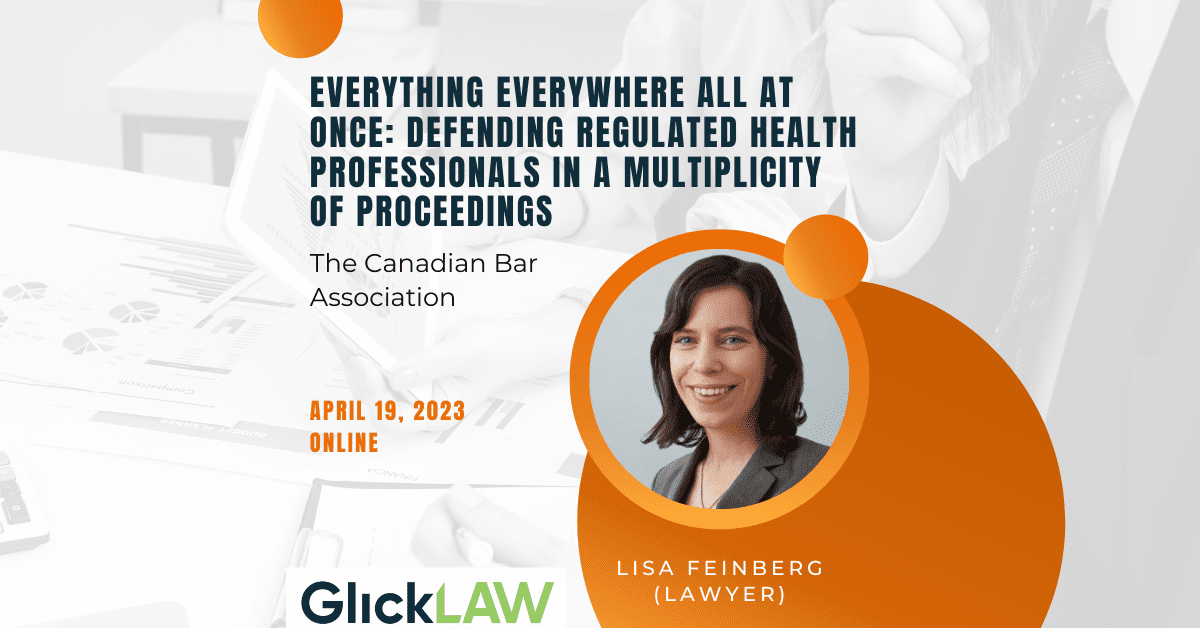
Restrictive Covenants – Part 2 of 3:
Starting up a Practice When You’ve Signed a Non-Competition or Non-Solicitation Agreement
You’ve left your employment to start up your own practice and your employer reminds you that you’ve signed a non-competition or non-solicitation agreement. What do you do?
First of all, get legal advice about whether the clause you’ve signed is valid. Most non-competition clauses are not valid in Ontario, except in very restricted cases, such as the sale of a business. Even non-solicitation clauses need to be interpreted narrowly. If a restrictive covenant is void, you don’t need to comply with it.
Secondly, get legal advice about whether the clause violates your professional duties. In many cases, your regulator may require you to communicate with former clients to ensure a smooth transition of their care. In other cases, your regulator might specifically indicate that your client has a choice of staying with you, even though you are leaving your employer. If you have a contract that conflicts with your professional responsibilities, you need to take care to manage this potential conflict.
Thirdly, once you have legal advice about your duties both under your employment contract and as a regulated professional, think about whether you can have a frank discussion with your employer about the best way to move ahead. Sometimes you can avoid conflict down the road by trying to be proactive about anticipating conflicts that may arise. When you have a positive relationship with your employer, you may be able to have this conversation directly with your employer without the involvement of lawyers. However, if the relationship has soured, sometimes the best way to handle any communication is through lawyers to avoid escalating the conflict.
It is always a good idea to document any steps you are taking when you leave your employment. If you have any conversations with clients, take notes of those conversations, so that you will have records to show that you complied with your legal obligations both under your contract and as a regulated professional.





